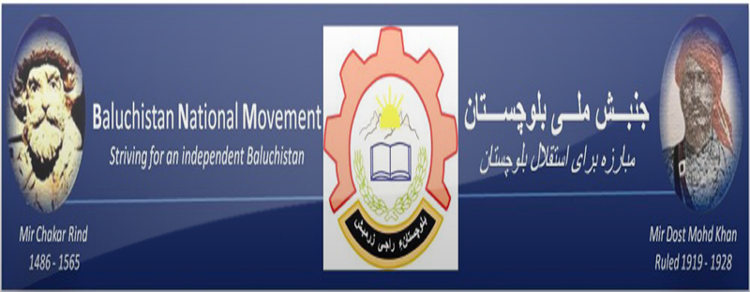 Minority Rights: Ignored by Regime and Opposition Alike
Minority Rights: Ignored by Regime and Opposition Alike
While it is true that all dissidents in Iran are persecuted by the regime, non-Persian minorities are subjected to far greater persecution on top of the regime’s standard totalitarian oppression. Non-Persian peoples are treated as second-class citizens, denied the right to public education in their own languages and other rights automatically granted to ethnically Persian Iranians, all in spite of supposed constitutional guarantees of the use of other languages in both media and education. Minorities are also denied employment and other opportunities available to their Persian counterparts, and are subjected to repeated attempts at enforced assimilation. Forced Farsi-language education is one major tool used by the Iranian regime to forcibly assimilate its non-Persian minorities, with a large portion of Iran’s minority first-graders failing required proficiency tests in Farsi required to advance grades. Minorities are also banned from wearing traditional clothing in public places such as schools and the workplace, while the regime has destroyed historical monuments in Iran meaningful to its ethnic minorities.
For many years, the Iranian regime has succeeded in imposing a media blackout on most coverage of the grotesque injustices imposed on the country’s minorities. The regime presents Iran to the world as a homogenous entity; in reality, nothing could be further from the truth.

